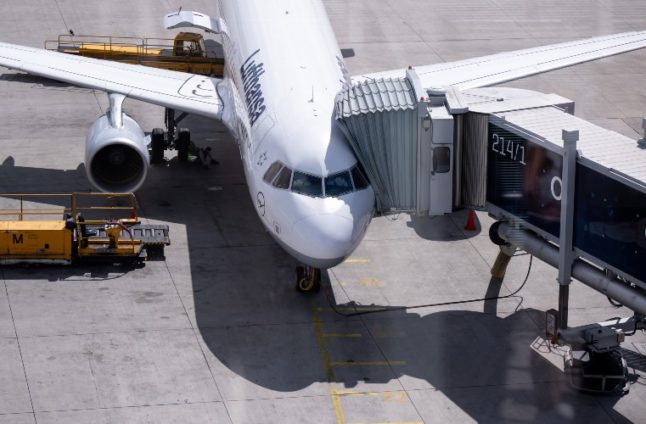The airline expects to book an operating profit of “between 350 and 400 million euros” for the period between April and June, it said in a statement.
In the same period last year, the airline group — which includes Eurowings, Austrian, Swiss and Brussels Airlines — recorded an operating loss of 827 million euros.
Lufthansa’s revenues in the second quarter had “more than doubled” to 8.5 billion euros in the space of 12 months, it said, as pandemic-related health restrictions fell away and air traffic picked up.
The group’s passenger services had seen a “significant increase” in how full their flights were, but were still set to record a “negative” operating result, Lufthansa said.
Instead, the “continuously strong performance at Lufthansa Cargo” lifted the overall figures. The positive result comes despite widespread airport chaos, which has led to the cancellation of thousands of flights in the coming months.
Earlier this week, the carrier slashed another 2,000 flights from its summer schedule to “ease the burden on the system”, according to a spokesman.
A shortage of workers has left airports struggling to process high numbers of passengers, after they pared back their operations during the pandemic.
In May, Lufthansa said it was “on track” over the year, despite the personnel shortage and the rising price of fuel.
The group recorded its first operating profit since the start of the pandemic in the third quarter of 2021, posting a slender 17 million euro result.
Lufthansa’s full second-quarter results for 2022 will be published on August 4.




 Please whitelist us to continue reading.
Please whitelist us to continue reading.
Member comments